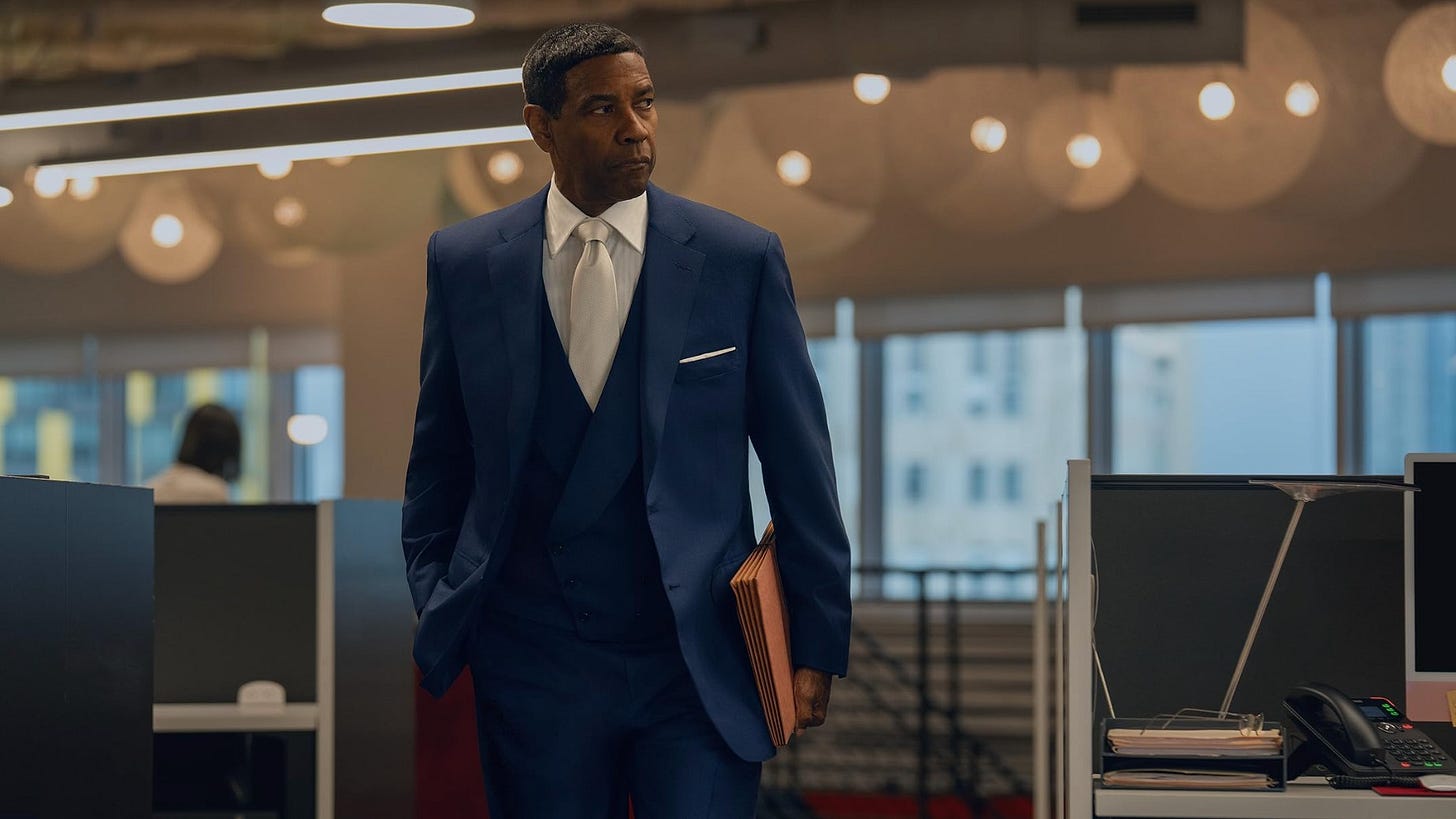Spike Lee’s New Joint, ‘Highest 2 Lowest,’ Is Mid
Denzel Washington does his thing, and A$AP Rocky holds his own, but the film is all flash and no substance with very little to say.
Spike Lee’s latest joint, Highest 2 Lowest, puts a 2025 Black male spin on the 1963 Akira Kurosawa classic police procedural High and Low. In both films, when a poor man tries to even the scales by kidnapping who he mistakenly believes is the wealthy man’s son, the wealthy man must weigh losing everything he has to …





